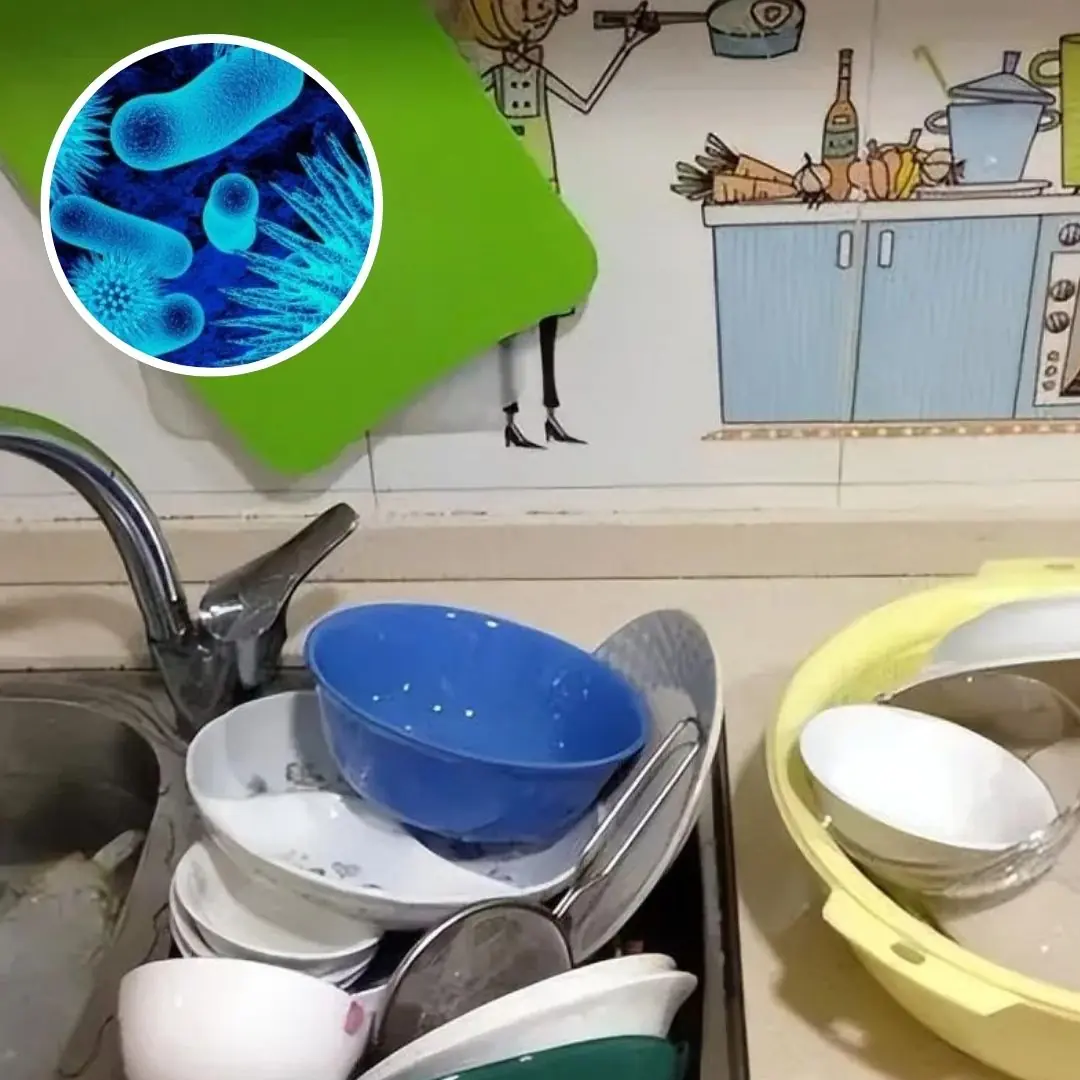
Alzheimer’s May Not Originate in the Brain, Scientists Suggest
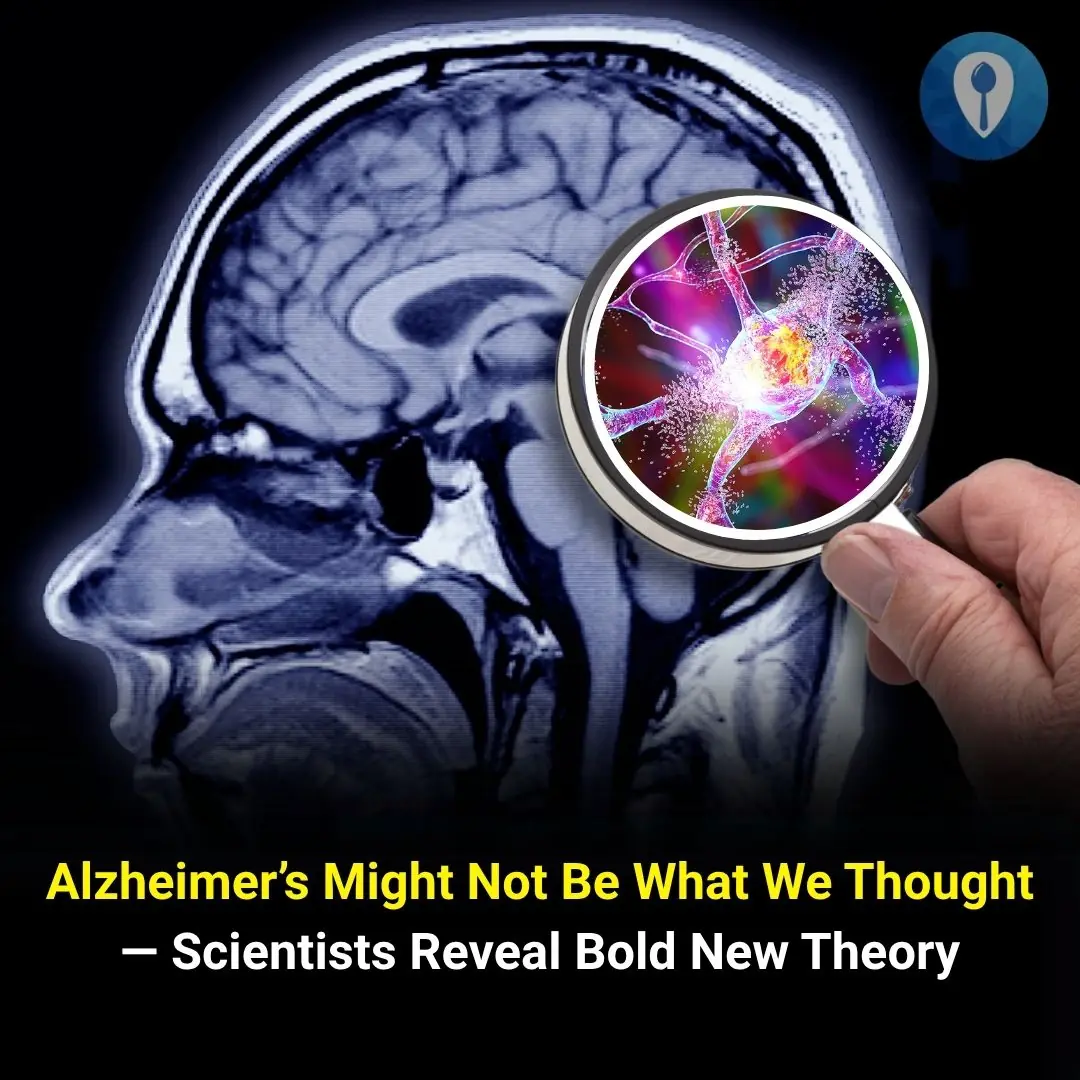
What if everything we thought we knew about a condition was turned on its head? Imagine Alzheimer’s, the notorious affliction of the mind, not being a brain ailment after all, but an autoimmune disorder.
Dr. Donald Weaver, with his team at the Krembil Brain Institute, Toronto, has a radical new theory that presents this exact proposition.
Doubts about Alzheimer’s and the brain
The ongoing pursuit of an Alzheimer’s cure is a journey fraught with controversies and conflicts. A recent revelation in Science magazine stated that the 2006 research paper identifying the beta-amyloid brain protein as the Alzheimer’s cause might have been built on erroneous data.
Around the same time, the U.S. Food and Drug Administration (FDA) approved a drug, aducanumab, meant to target beta-amyloid — an approval mired in controversy due to incomplete and conflicting data.
This approval resulted in an unsettling divide among physicians, with some supporting its chance, and others convinced it should never have seen the light of day.
Dilemma of beta-amyloid
The pervasive concentration, over the years, on beta-amyloid as the main culprit, appears to have led us through a proverbial rabbit hole.
Regrettably, this unwavering focus has not borne fruit in the form of a working drug or therapy.
Dr. Weaver’s lab now redirects the spotlight onto the immune system within the brain, presenting Alzheimer’s as not just a brain disease, but an autoimmune disorder.
Immune system gone rogue
Like any part of our bodies, our brain has an immune system that kicks into action when required – mending wounds, fighting bacterial invasions, and helping repair after trauma.
Dr. Weaver’s team suggests the infamous beta-amyloid might not be an abnormal protein after all, but a normal compound that forms part of the brain’s immune system.
Trouble brews when beta-amyloid’s inability to differentiate between invading bacteria and brain cells causes it to attack and destroy the very cells it should protect, eventually leading to a loss of brain function and, finally, dementia.
Curing Alzheimer’s outside the brain
Promisingly, this new perspective on Alzheimer’s opens up the exploration of alternative immune-regulating pathways, paving the way for potential new treatments.
Conventional drugs used for autoimmune diseases may not work, but don’t lose heart. The answer might lie in tackling other immune-modulating pathways in the brain, providing hope for new and effective treatments.
This is not the only new theory cropping up around Alzheimer’s. Some scientists speculate that Alzheimer’s is a disease of mitochondria, while others argue that it might stem from an infection, particularly by mouth bacteria.
Other scientists are looking into abnormal handling of metals like zinc, copper, or iron in the brain.
Alzheimer’s disease is a global issue
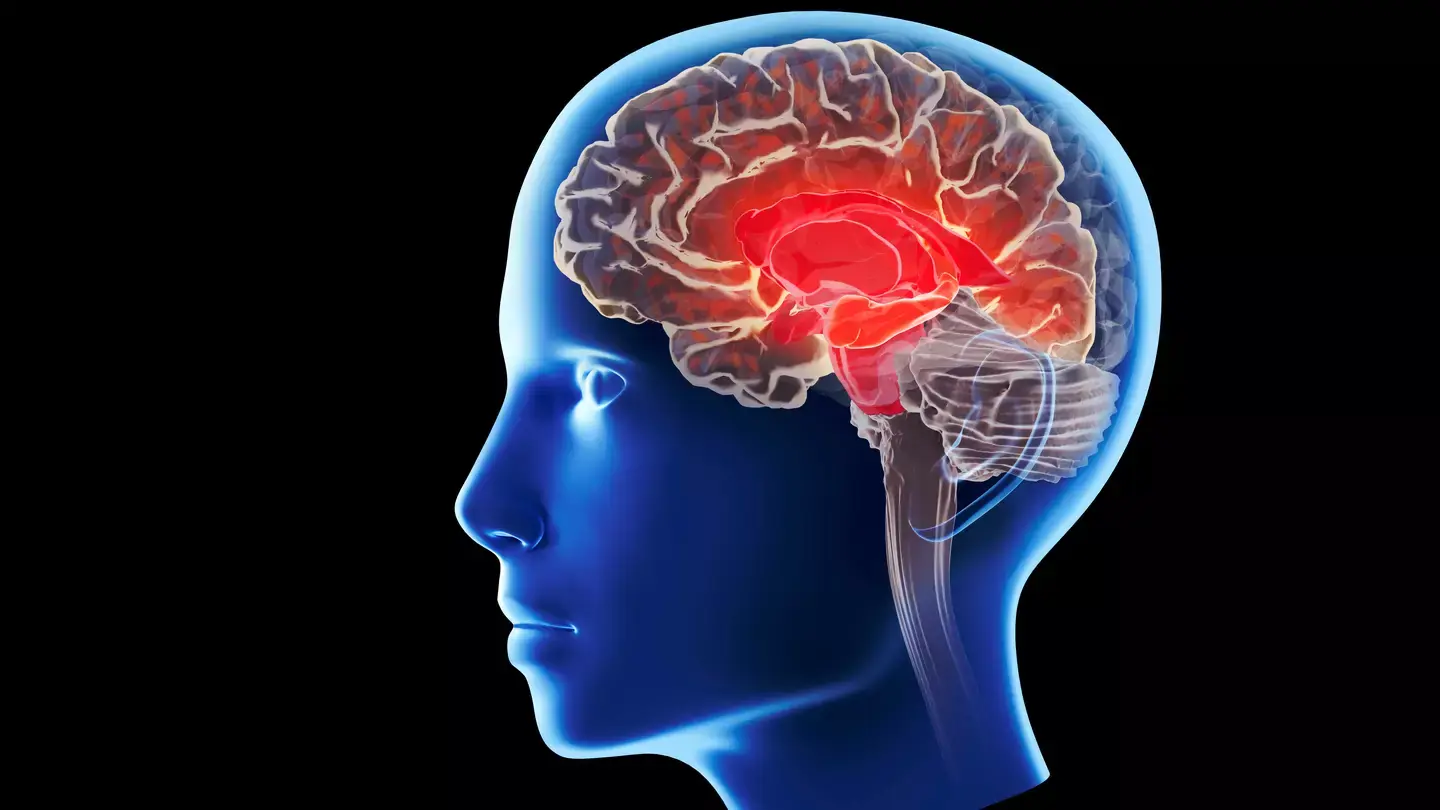
Alzheimer’s, affecting over 50 million people across the globe, with a new diagnosis every three seconds, is a growing public health crisis.
People with Alzheimer’s sometimes fail to recognize their own children or lifelong partners, underscoring the devastating impact of this formidable disease.
As researchers investigate these diverse avenues, collaboration across disciplines becomes imperative.
The challenges of Alzheimer’s demand a consolidated effort from neurologists, immunologists, and pharmacologists, fostering interdisciplinary dialogue to unravel this complex condition.
The urgency to comprehend the multifaceted nature of Alzheimer’s cannot be overstated, for every insight brings us one step closer to not only understanding but potentially eradicating a disease that diminishes quality of life for millions.
Future of Alzheimer’s and brain research
In a refreshing new avenue of research, Dr. Douglas Kelley from the University of Rochester and his team have found an intriguing link between a type of drug used to induce labor in pregnant women and Alzheimer’s.
They found that these drugs could potentially speed up the brain’s waste clearing system, which is dysfunctional in those suffering from Alzheimer’s.
By applying these drugs, which cause muscle contractions, they found some restorative effects. “One can see how this approach, perhaps combined with other interventions, could be the basis for future therapies for these diseases,” Dr. Kelley said.
Whether the answer lies in shifting our view of Alzheimer’s from a brain disorder to an autoimmune disease or in using existing drugs in new ways, the journey to find a solution continues with inexhaustible determination. Through persistent research, the world still hopes for light at the end of the Alzheimer’s tunnel.
News in the same category


Beleaguered Weather Service defends its forecasts as Texas officials point fingers over flood warnings
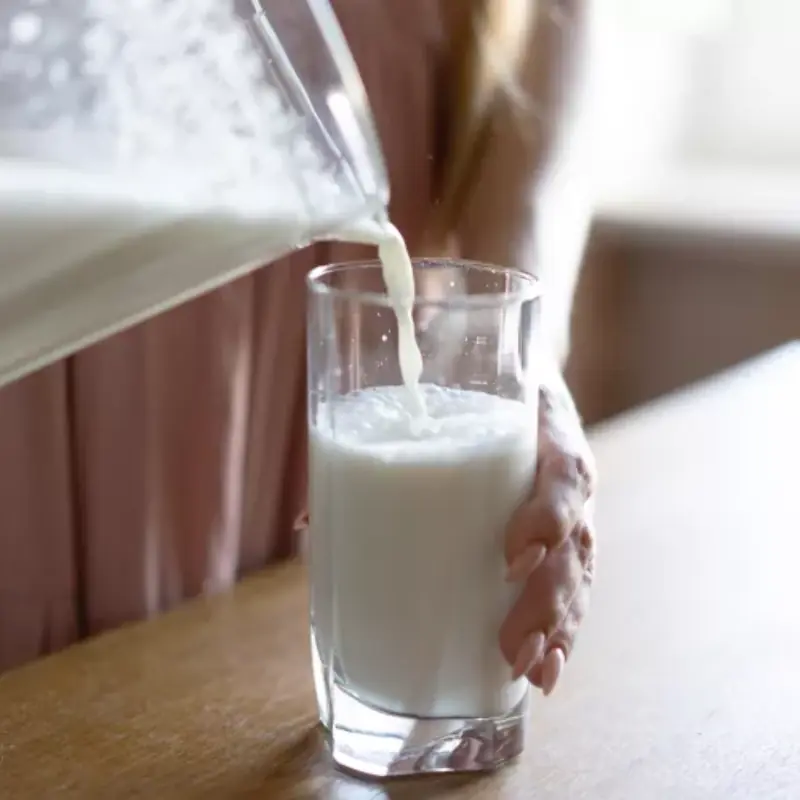
A Glass of Milk a Day Could Help Lower Women's Risk of Color.ec.tal Can.cer
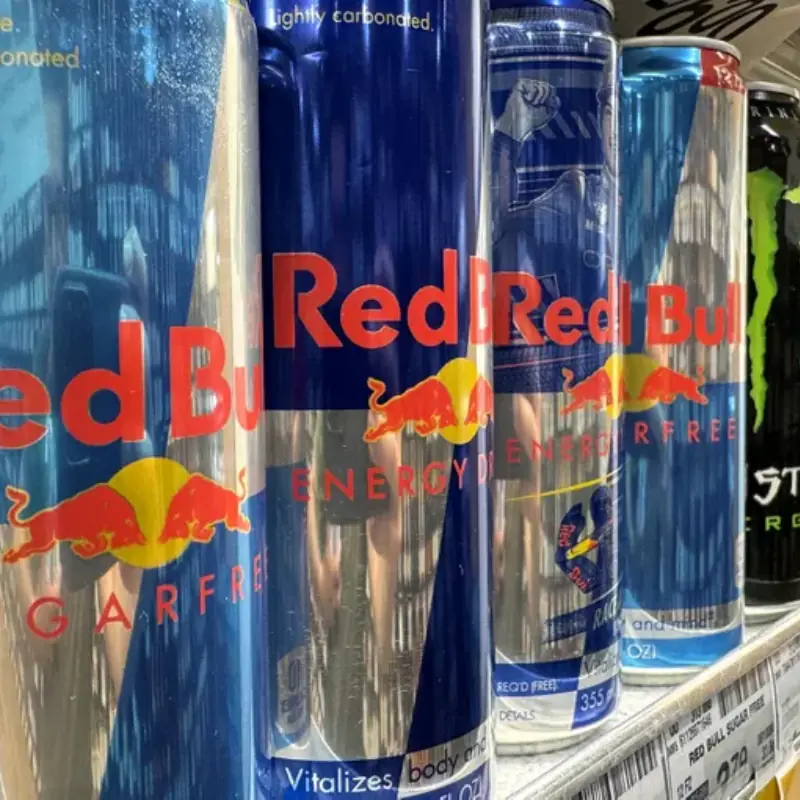
A Common Ingredient in Energy Drinks May Be Linked to Blo.od Can.cer
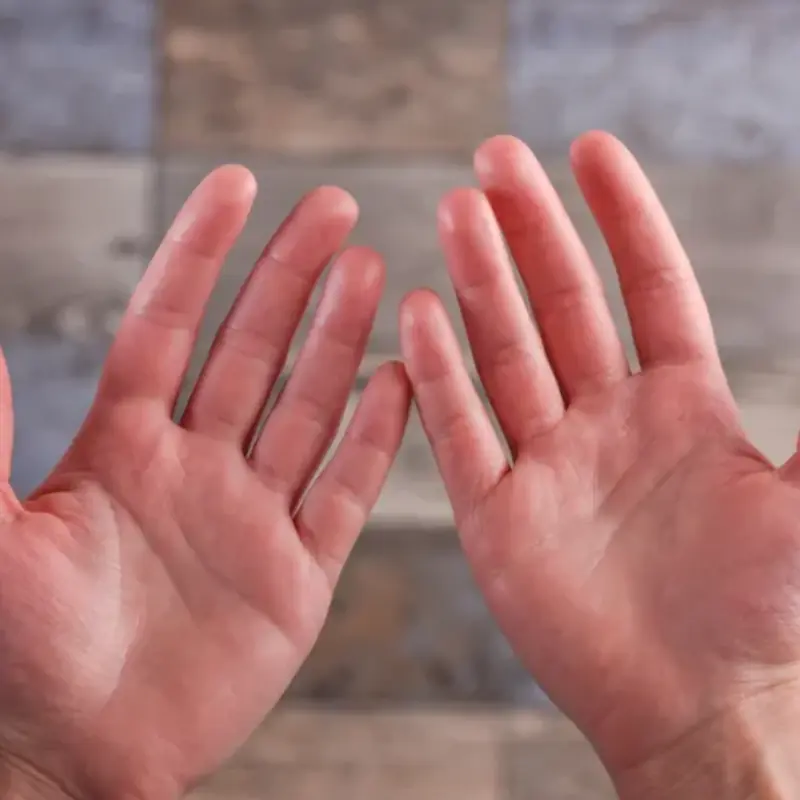
What Your Finger Length Could Reveal About Your Cardio Fitness

Is 'Razor Blade Throat' Really a Sign of the Newest COVID Variant?
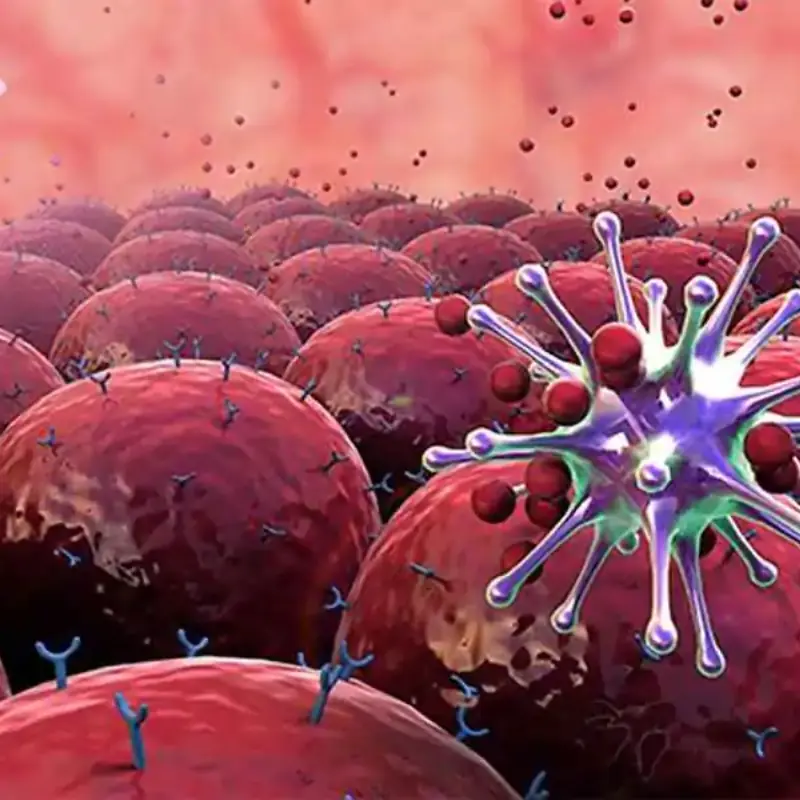
USA: Successfully tested a special dru.g that can elimi.nate up to 70 types of can.cer

See These 5 Fish at the Market? Grab Them Before They're Gone
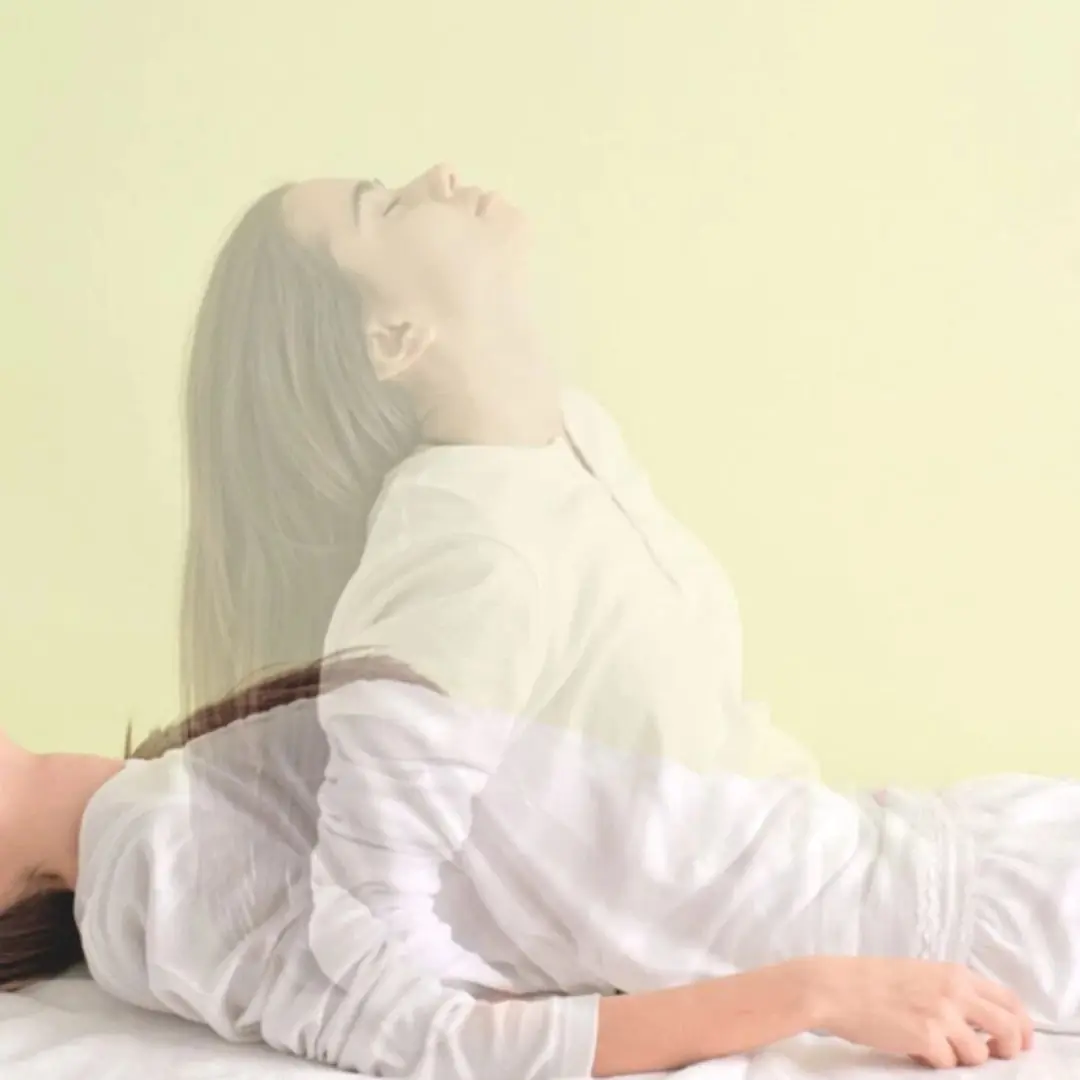
Naming the phenomenon of not being able to wake up from a dream and related problems

Which Causes a Cold More Easily: Fan or Air Conditioner?

Don’t Install Ceiling Fans in These 4 Areas of Your Home

People Who Regularly Eat Cucumbers May Experience 3 Remarkable Changes Over Time

5 cheap household items that can bring can,cer to the whole family

Eating a handful of this vegetable is as precious as "poor man's ginseng", it grows all over the fences in the countryside but few people know about it

This delicious dish "has more iron than pig liver", a must-have this summer, you will love it!

Too Lazy to Drink Water? These 7 Health Problems Might Catch Up with You

Golden hours to know to drink coffee to maximize health benefits
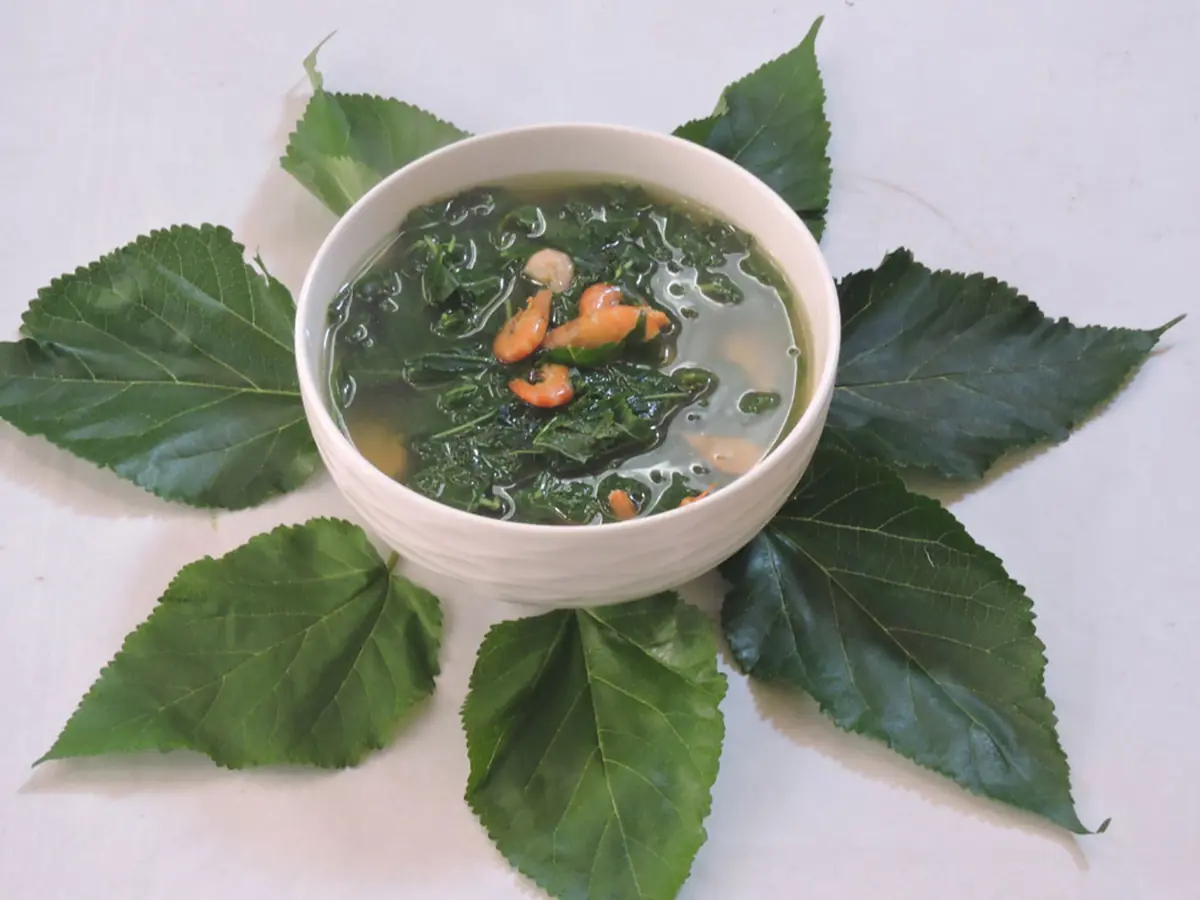
Eating a Handful of This Leafy Green Is as Valuable as “Ginseng for the Poor”
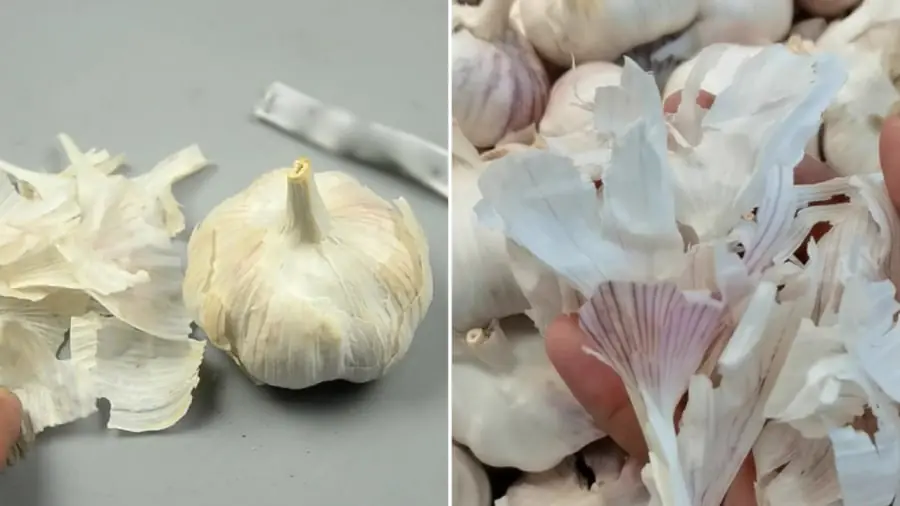
Garlic Skins Have 4 Surprising Benefits
News Post

6 dishwashing habits that "invite trouble" that many families are making!
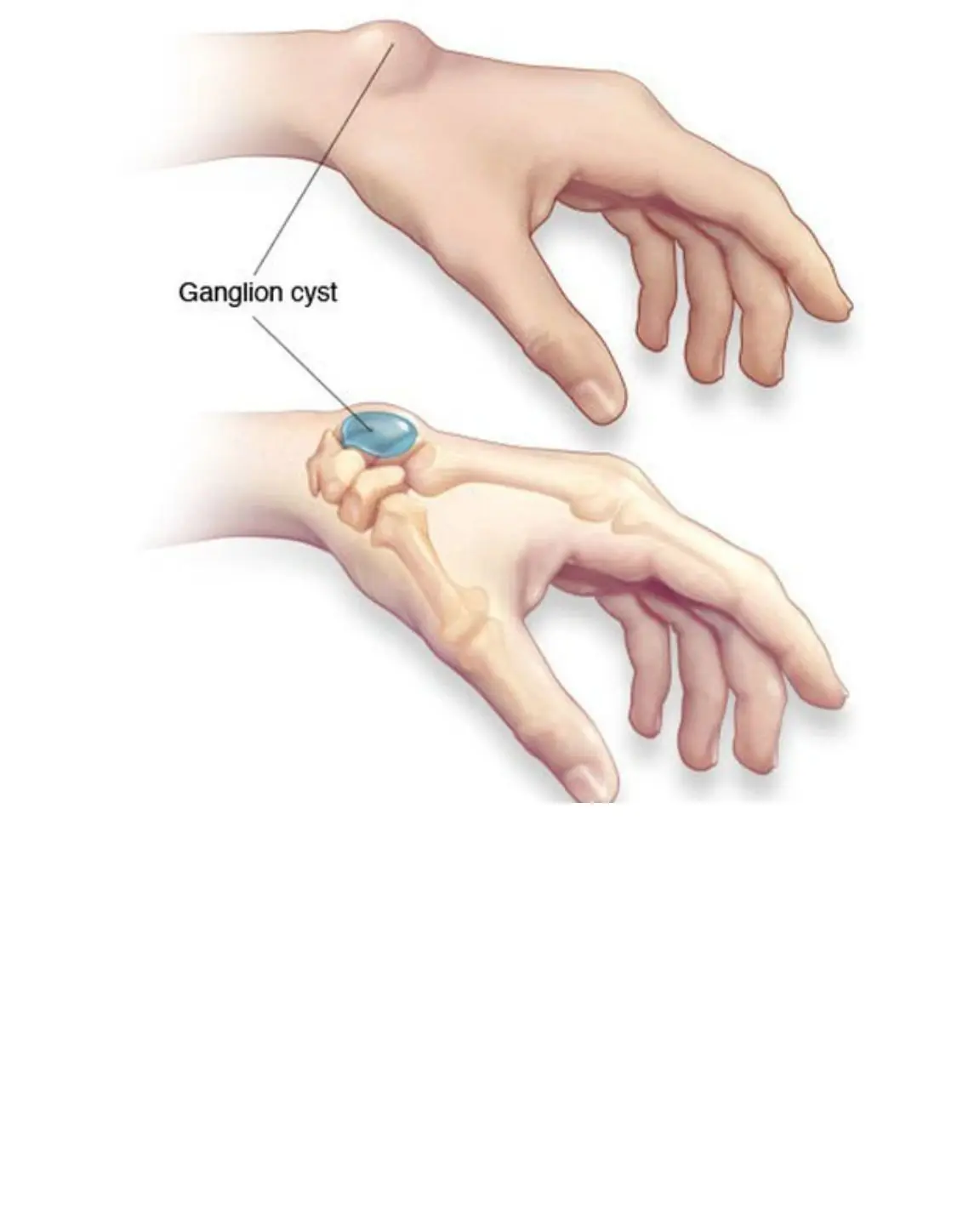
When you have a painless lump, don't 'guess' whether it's good or bad, a late examination can lead to a disability
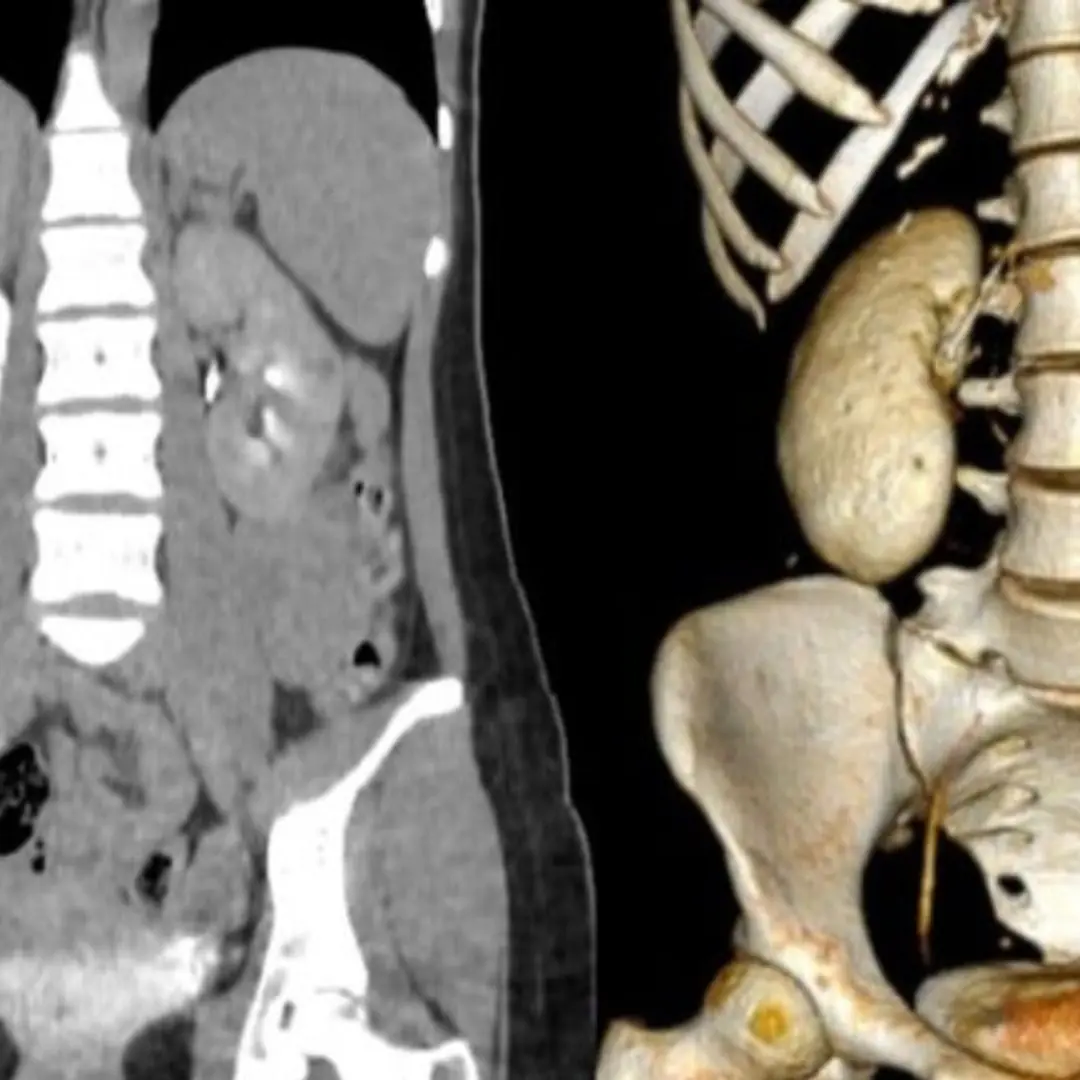
Eating habits d.e.stroy 18 year old girl's kidneys
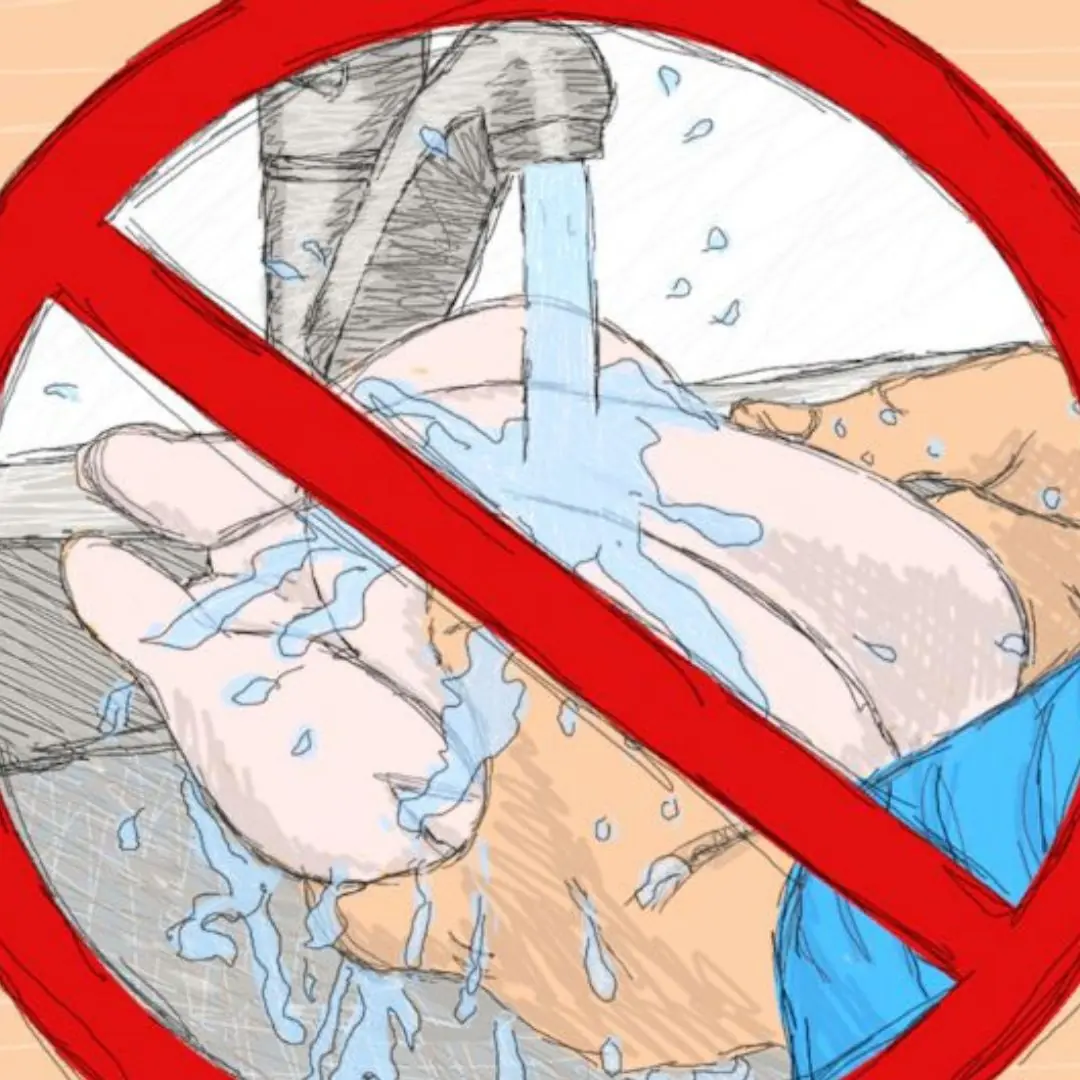
Don’t rinse r.a.w chicken: nine food safety tips from microbiologists
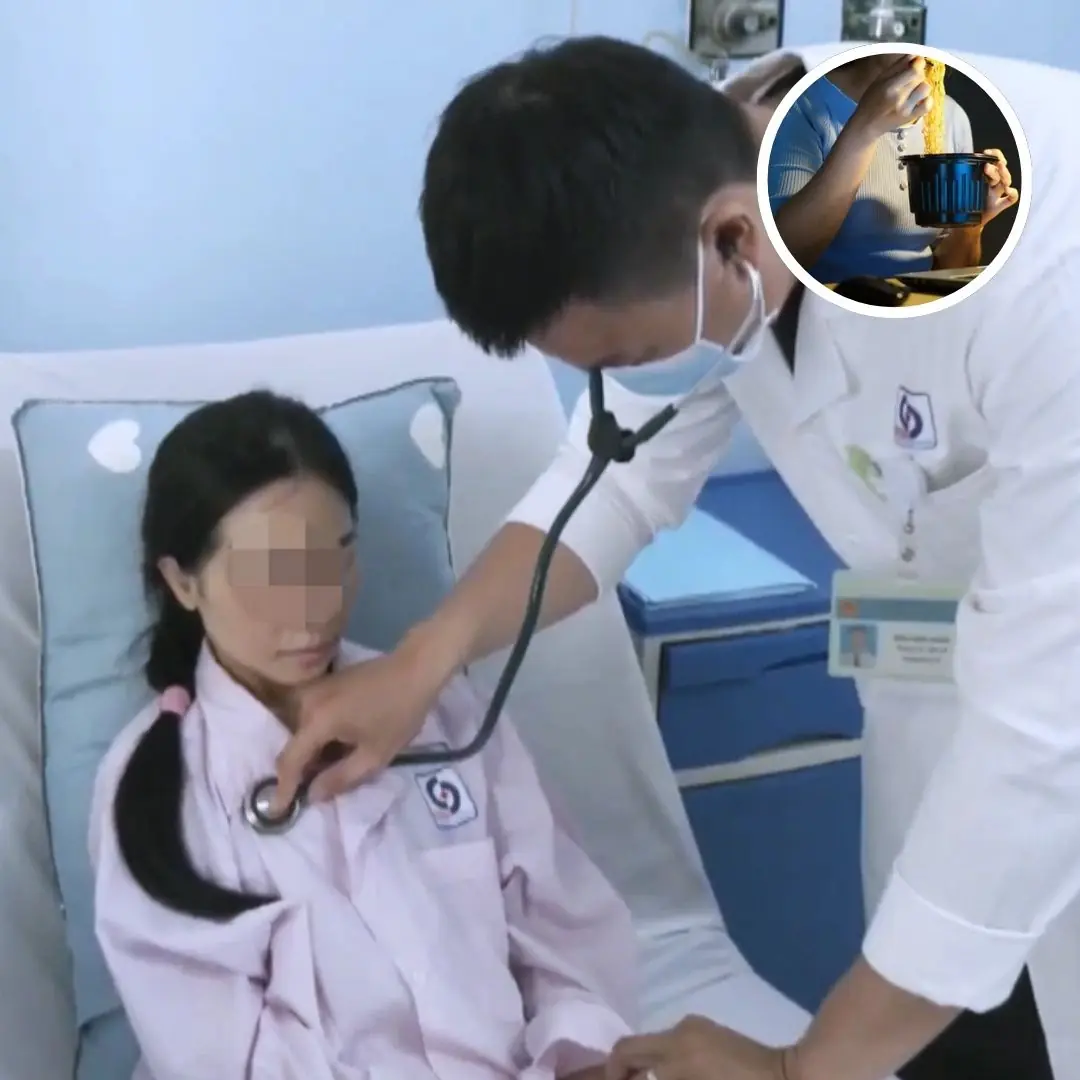
Woman hospitalized in coma, doctor warns: "Eating dinner like this will only k.i.ll you"
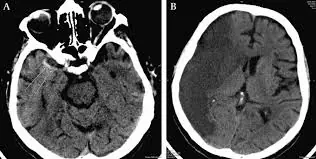
Doing These 4 Things at Night Could Trigger an Early Stro.ke—Be Wa.rned!
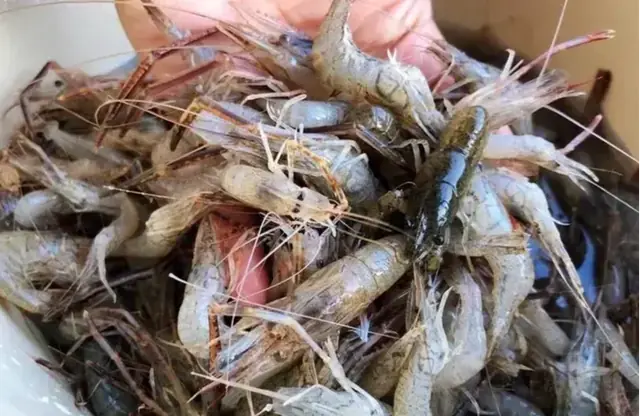
Even If You're Loaded, Don't Buy These 5 Types of Shrimp at the Market

Connect to Free Wi-Fi Without a Password in Just One Step

Beleaguered Weather Service defends its forecasts as Texas officials point fingers over flood warnings

Say Goodbye to Yellow Stains: Best Ways to Clean Your Phone Case

A Glass of Milk a Day Could Help Lower Women's Risk of Color.ec.tal Can.cer

A Common Ingredient in Energy Drinks May Be Linked to Blo.od Can.cer

What Your Finger Length Could Reveal About Your Cardio Fitness

Is 'Razor Blade Throat' Really a Sign of the Newest COVID Variant?

USA: Successfully tested a special dru.g that can elimi.nate up to 70 types of can.cer

See These 5 Fish at the Market? Grab Them Before They're Gone
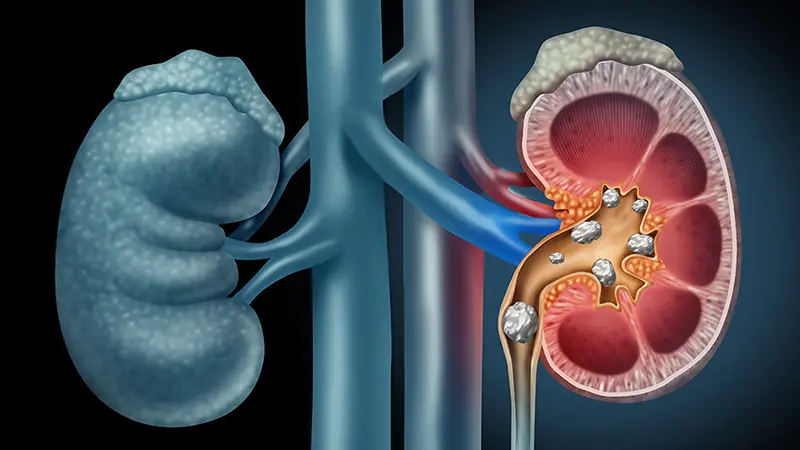
5 Drinks That Help Dissolve Kid.ney Stones and Promote Easy Elimination
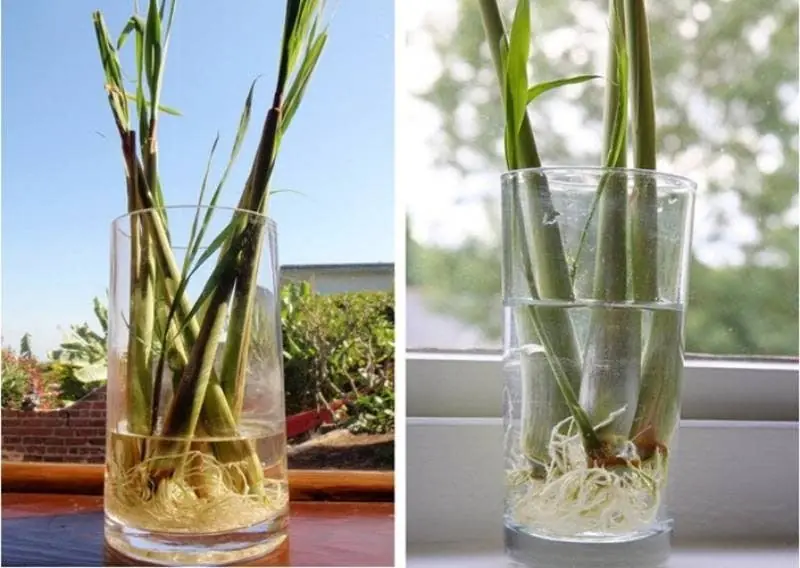
Place This Bunch of Leaves in Your Room
